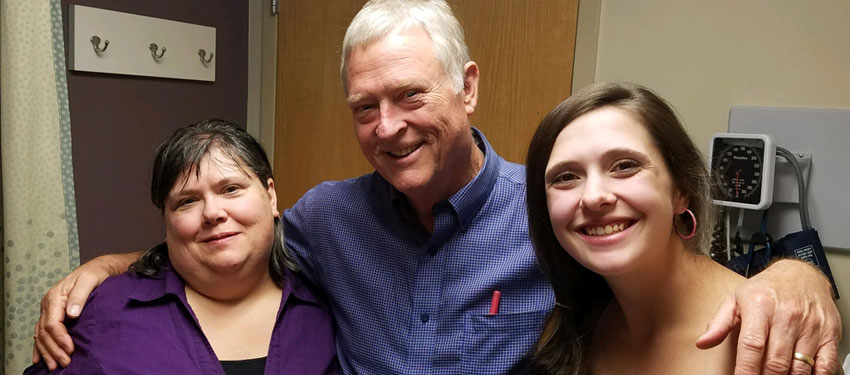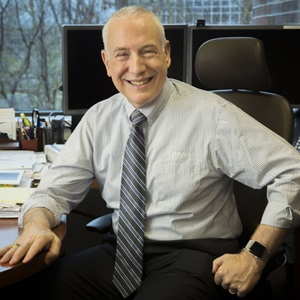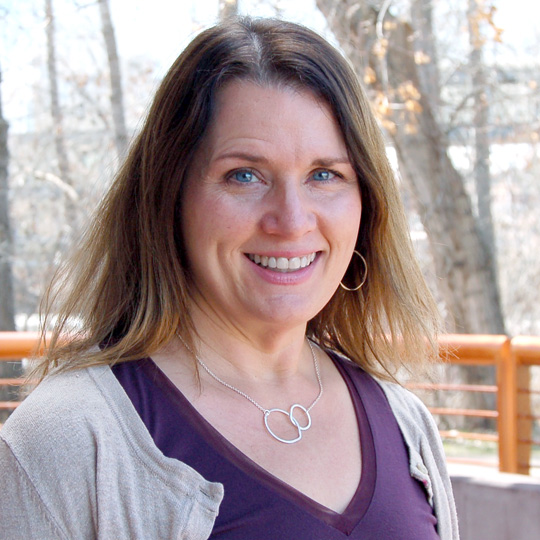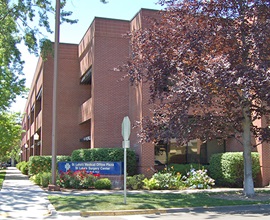Dr. Pate’s Prescription for Change
St. Luke’s joins with patients – and their unborn children – to combat the ravages of opiates


A lot has been written about the current opioid crisis. Less has been written about the impact of opioid abuse on a specific population of people – pregnant women and the babies they are carrying. There are few resources devoted to addressing opioid addiction in pregnant women, and the sequelae to their newborn infants can be significant and expensive to address.
Here is St. Luke’s Health System Communications Coordinator Chereen Langrill’s report on what St. Luke’s is doing to support pregnant patients facing the opioid problem.
- David C. Pate, M.D., J.D.
Samantha Thurlow is still weeks away from delivering her first baby, but she is digging deep to improve her health so she can provide a stronger start for her baby girl.
Thurlow is overcoming her heroin addiction by participating in a St. Luke’s program that helps her safely withdraw from the drug and provides care for her baby to treat any symptoms associated with substance use.
The program, offered through St. Luke’s Clinic – Maternal Fetal Medicine: Boise, provides a safe and supportive environment for pregnant women struggling with opioid addiction (opioids can include prescription pain relievers or drugs such as heroin). Idaho is not immune to the problem of opioid addiction that has become so prevalent across the nation, affecting millions. This program is one of a number of services that St. Luke's has developed to pinpoint solutions where they are most needed.
While opiate use continues to increase around the country, access to treatment in Idaho is among the most limited in the nation.
“Sometimes it is hard for these women to find providers who are neutral and compassionate,” said Kristy Schmidt, a registered nurse who manages the opioids treatment program in place at maternal fetal medicine.
“There is a lot of misunderstanding about treating women in pregnancy, so it is important to find providers who will treat them appropriately and be sensitive to their needs.”
St. Luke’s Health System is addressing the crisis through multiple avenues that include prevention, treatment/management and community partnerships. One example is the program in place at maternal fetal medicine, which not only saves the life of the patient, but also provides support for her newborn baby. Whether the addiction is based on prescription drugs, a need to address persistent pain or from other sources, such as heroin, the common thread for women in this program is their desire for help.
Thurlow, 24, went to her OB/Gyn as soon as she discovered she was pregnant. When she told her physician about her opioid addiction, she was referred to the program where she was met by a welcoming team.
“Everyone there has been amazing. They are so respectful,” she said.
When an expectant mother uses opioids, it puts the baby at risk for a condition called neonatal abstinence syndrome, in which the child can experience withdrawal symptoms such as seizures, poor feeding and difficulty sleeping. A baby born with NAS stays in the neonatal intensive care unit (NICU) for an average of 17 to 20 days, and care can cost $66,000 or more.
After a pilot phase, the program formally began serving patients in spring 2017 and continues to expand. Eventually, the program will be offered at other locations around the health system. In August, the team will begin working with neonatologists at St. Luke’s to offer a free, monthly class for parents and caregivers. The class will focus on NAS.
“We just want to arm them with information because many parents who are in treatment are unaware or get misinformation,” Schmidt said. “We don’t want it to be a surprise if their baby has symptoms and needs to go to the NICU.”
Thurlow’s baby is expected to have NAS, and she has met with NICU providers to learn more about how they can provide care after her baby girl is born. The comprehensive care she is receiving now, and will continue to receive when the baby is born, gives her reassurance that she is taking the best steps for her health and the health of her unborn baby.
“I’m really fortunate I’ve been able to be there,” she said.
Thurlow’s treatment has been somewhat of a homecoming. Dr. Robert Davis, a physician in the program, delivered Thurlow when she was born in September 1993. After caring for pregnant women and delivering babies since 1979, Dr. Davis decided to shift his focus to women’s mental health.
The program fills a void that can’t be addressed during a traditional provider visit because of the complexity of the issue, which requires layers of support ranging from medication-assisted therapy to behavioral health.
Dr. Davis sees between six and eight patients each day. His role is to provide care in the office setting while Dr. Stacy Seyb (who helped develop the program after the need was identified) focuses on labor and delivery. Right now, the program is using the hospital’s social worker, but as it expands they intend to add a dedicated social worker to the team.
The team works with community partners and organizations, including treatment centers and jails, to educate them about resources available for women who are pregnant and struggling with substance use.
Dr. Davis and Dr. Seyb also completed training to prescribe buprenorphine, a controlled substance that can be used to manage opioid withdrawal. Buprenorphine can be prescribed instead of morphine, which must be administered in the presence of a provider.
Thurlow, who is taking buprenorphine, sees a member of the team each month. Their judgment-free support has helped her feel at ease.
“We know that pregnant women are stigmatized, but they aren’t going to get that from us,” Dr. Davis said. “We aren’t the law, we’re not their family and not society. We are here to make sure they receive the treatment they need.”About The Author

Chereen Langrill was formerly a communications coordinator for St. Luke’s Health System.



